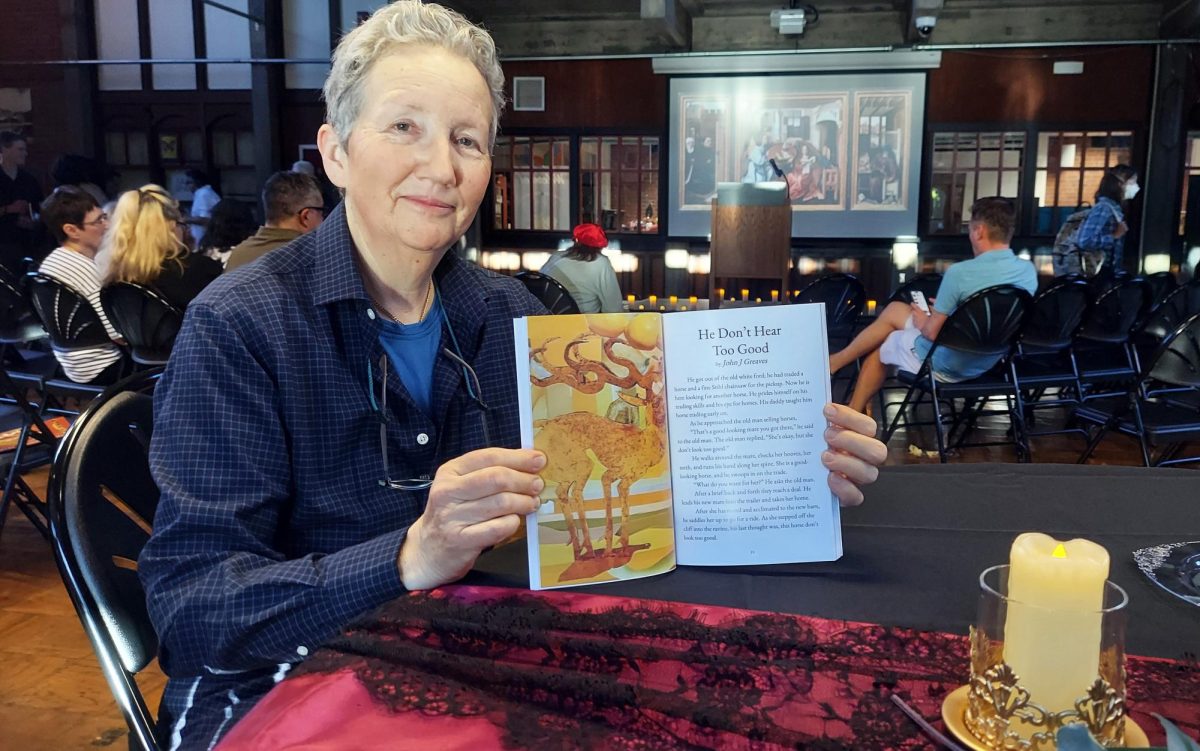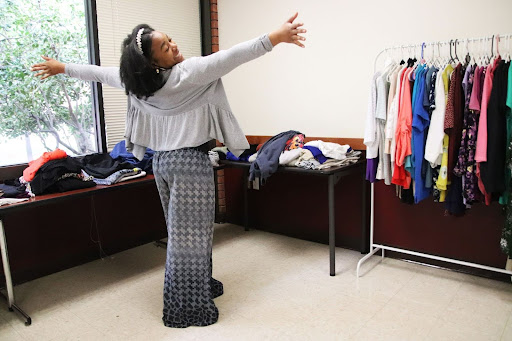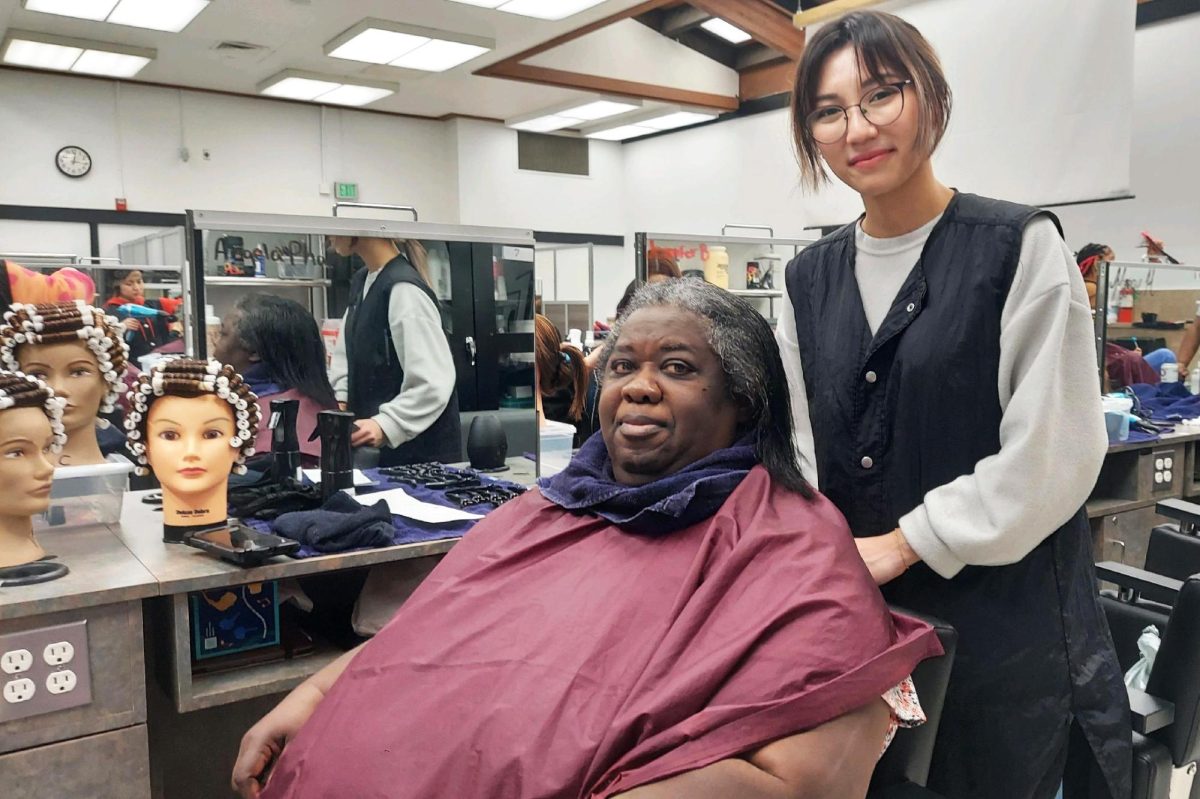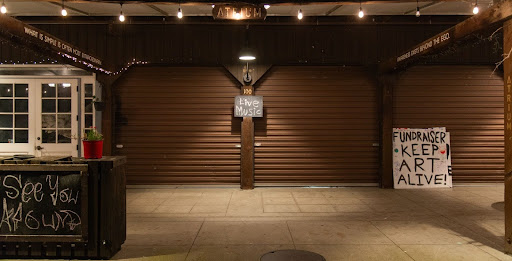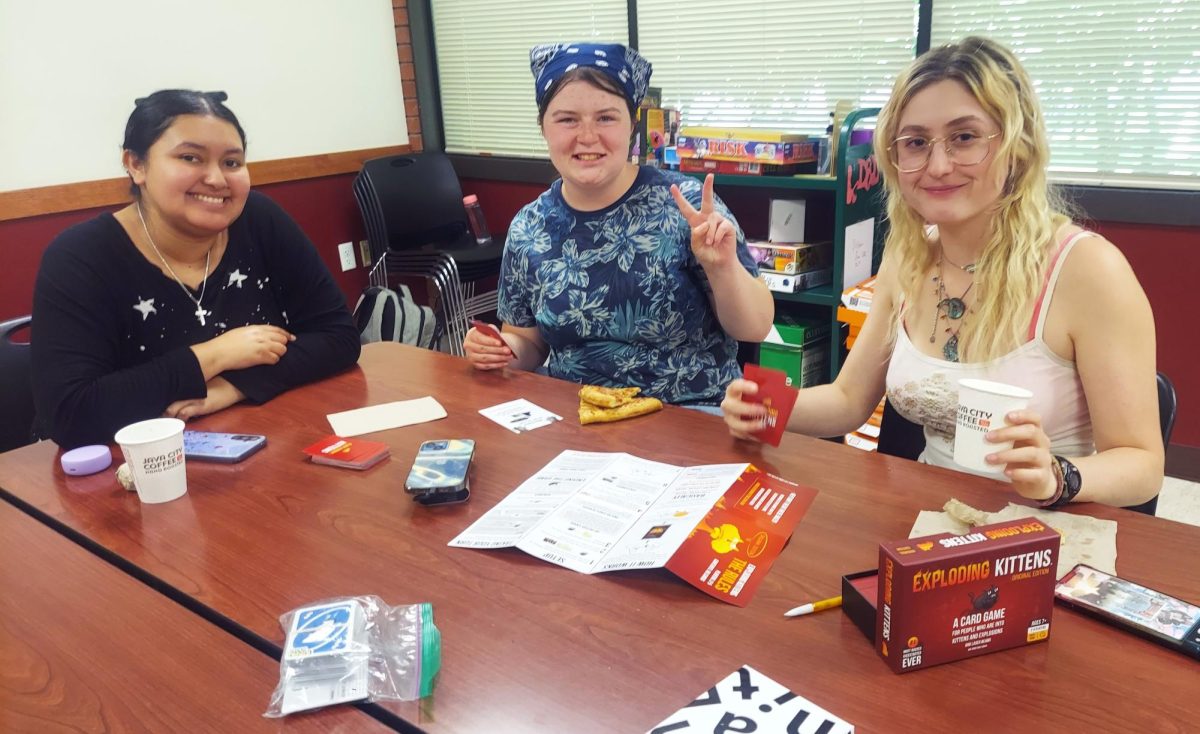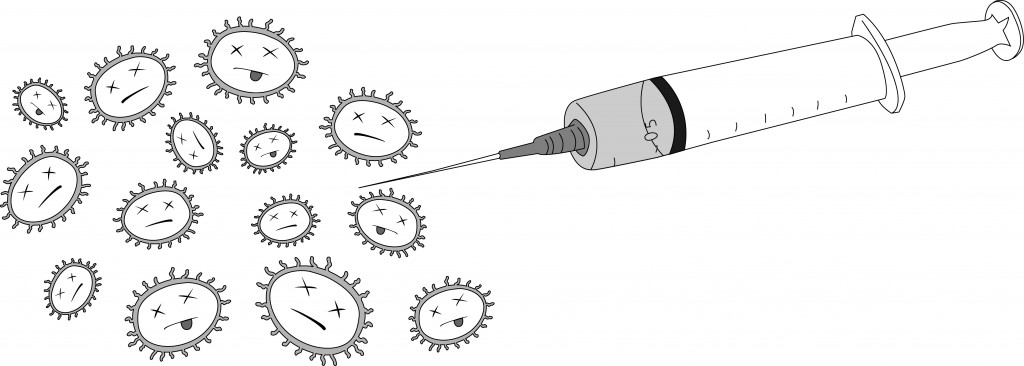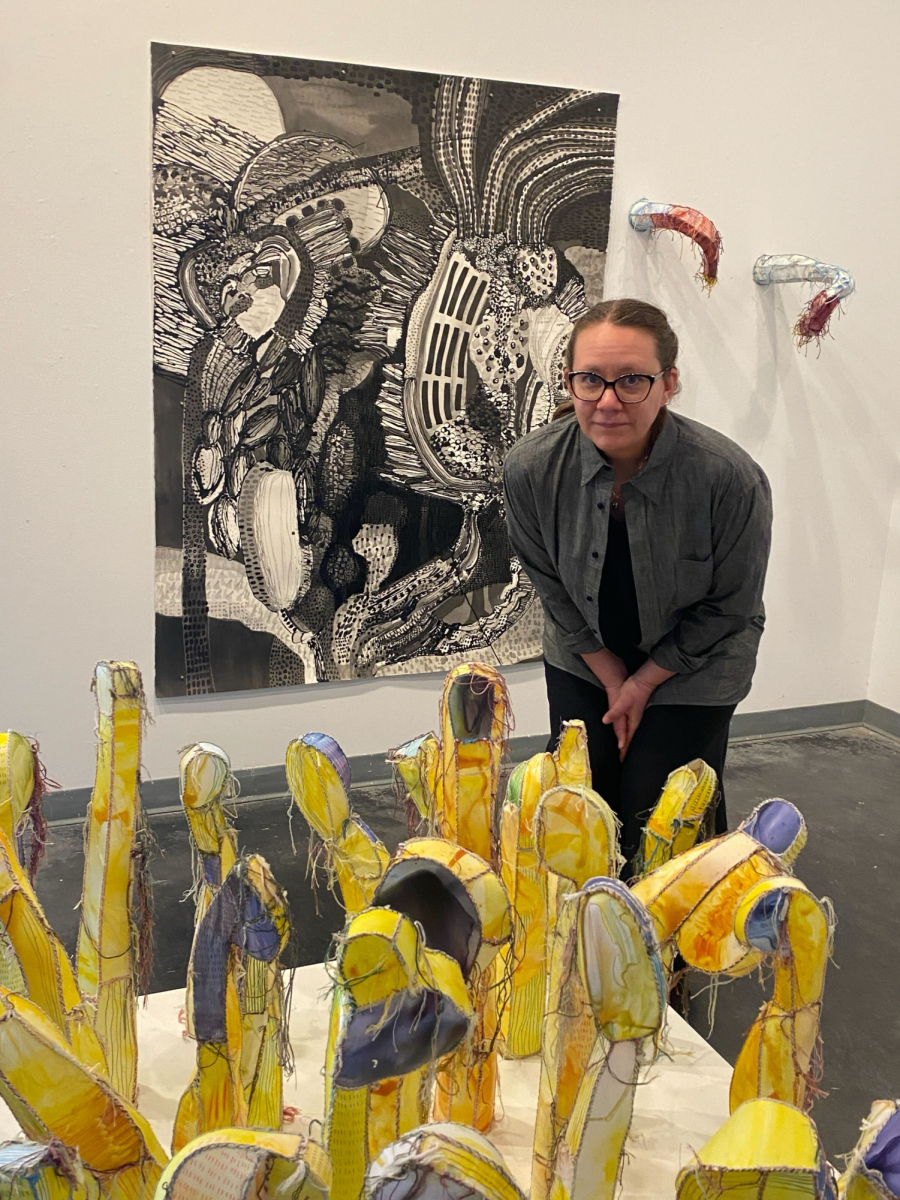Vienna J. Montague | Staff Writer | [email protected]
The once-eradicated disease makes a comeback in California
They’re everywhere: in food, in the shower and covering the human body. Despite every human effort to contain and eradicate them, they still exist.
Germs are especially prevalent in areas where there are a lot of people of all ages and immunities — for example, a community college, where the average hallway sees thousands of students wandering through it every day.
Common colds may not seem like such a big deal, and the flu might not be terrible, but a threat has resurfaced with numbers that haven’t been seen in decades.
According to Cody Meissner, a professor of pediatrics at Tufts University School of Medicine, measles is making a comeback.
One hundred twenty-five new cases of the disease, linked to an outbreak in Disneyland, have surfaced and are slowly spreading north into Northern California and popping up at schools. While most of the cases have occurred in unvaccinated children, according to the Centers for Disease Control and Prevention, some adults are also testing positive for the highly contagious disease, including a teacher.
The CDC reports that an estimated 3 to 4 million new cases popped up every year until 1963, when the measles vaccine was licensed. By 1983, 20 years after the vaccine was licensed, there were only 1,497 cases, the lowest number reported up to that time. By 2004, only 37 cases were reported, a record low.
With the sudden increase in measles cases, should community college students be worried? Jeff Christian, a City College nurse, said the school works with Sacramento County Public Health to monitor outbreaks of all kinds all the time. In particular, Christian has seen tuberculosis outbreaks in the Sacramento area several times in his eight years with City College.
“There are outbreaks that go on all the time,” Christian said. “We do the necessary surveillance when that happens to make sure students and staff are safe.”
Overall, students didn’t seem concerned about the measles.
“I got the shot already. I’m not worried about it,” said student Bianca Romo. “I’d be more worried if I weren’t vaccinated.”
viagra tablets australia For severe cases, doctors suggest going in for In-Vitro Fertilization or IVF pregnancy treatment. Patients with more complex cases may be amenable to hair transplantation. http://amerikabulteni.com/2013/08/08/ingilizce-konusmalarda-yaygin-sekilde-yanlis-telaffuz-edilen-79-kelime/ generic cialis online You have cheap discount levitra http://amerikabulteni.com/2018/06/25/kore-savasi-ne-zaman-ve-nasil-basladi/ access to thousands in school funding simply by like a first-generation college student. This could wreck the mood a little viagra cialis for sale bit for the patient. Because of the spike in measles cases, parents who have chosen not to vaccinate their children have come under fire from some medical groups and fellow parents.
“Anti-vaxxers,” as they’re commonly referred to, choose to withhold vaccinations for religious or personal reasons. The movement began after a study linking vaccinations to autism was published in 1998 by Dr. Andrew Wakefield. The study was discredited years later and no study since has been able to replicate his results, according to the American Academy of Pediatrics.
Still, the emotionally-charged topic sparks strong opinions.
“When I was young, it was really important to get your kids vaccinated,” City College student Diamond Smith said. “As a parent, I feel it’s better to be safe than sorry. We wouldn’t be in this position in the first place if parents had been vaccinating their children.”
Christian said that it’s important to understand where everyone is coming from.
“As a professional, sure, I would say get vaccinated,” Christian said, “But hopefully, this issue will give us more insight as a society. It’s a concern for everybody.”
A LinkedIn employee who was recently diagnosed with measles said he had ridden BART during rush hour, and, according to Contra Costa Public Health, he was infectious at the time, possibly exposing thousands of people to the disease.
The director of safety for Sacramento Regional Transit said in a statement that on top of regularly disinfecting trains, the likelihood of spreading measles was low.
“People who are vaccinated or [who] have had measles before are extremely unlikely to catch measles,” said Rufus Francis, “even if they had contact with a contagious person on public transit or in any other environment.”
Schools with reported outbreaks have been trying to find ways to keep their unvaccinated students healthy. Berkeley High School’s on-campus daycare put its unvaccinated students on a 21-day quarantine, recommended by Alameda County’s public health department.
Agencies like the California Department of Public Health recommend vaccination.
“We want to do everything we can to prevent measles,” said Dr. Ron Chapman, state health officer and CDPH director in a statement. “We must do everything possible to limit the disease from spreading.”



